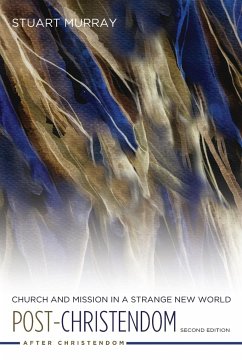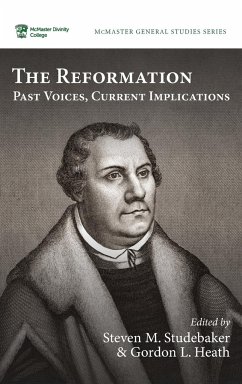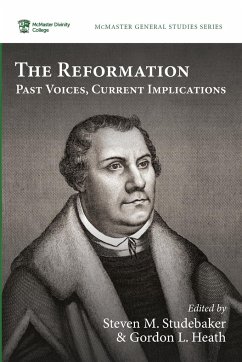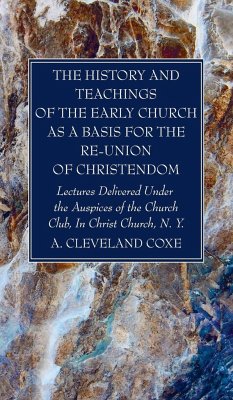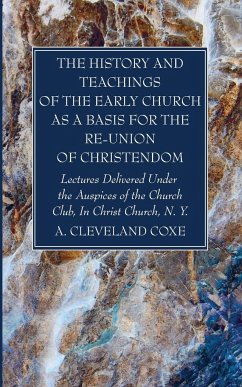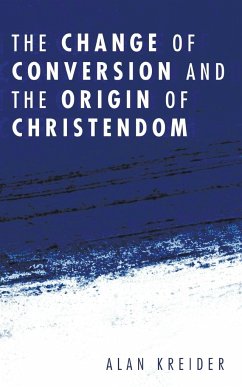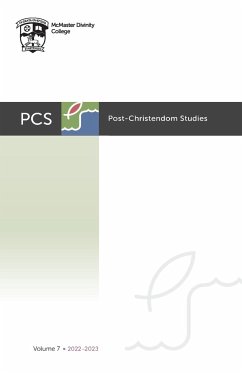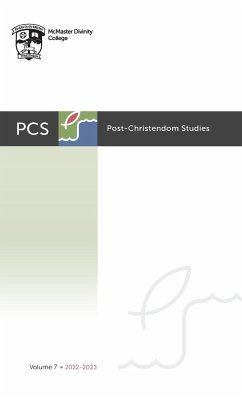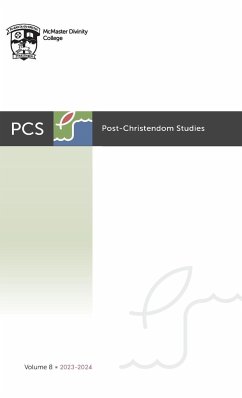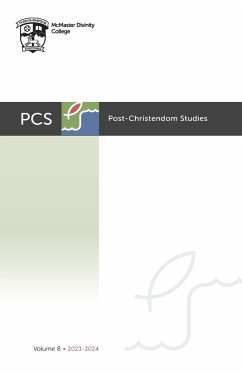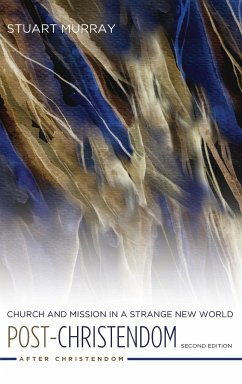
Post-Christendom
Versandkostenfrei!
Versandfertig in 1-2 Wochen
68,99 €
inkl. MwSt.
Weitere Ausgaben:

PAYBACK Punkte
34 °P sammeln!
Western societies are experiencing a series of disorientating culture shifts. Uncertain where we are heading, observers use ""post"" words to signal that familiar landmarks are disappearing, but we cannot yet discern the shape of what is emerging. One of the most significant shifts, ""post-Christendom,"" raises many questions about the mission and role of the church in this strange new world. What does it mean to be one of many minorities in a culture that the church no longer dominates? How do followers of Jesus engage in mission from the margins? What do we bring with us as precious resource...
Western societies are experiencing a series of disorientating culture shifts. Uncertain where we are heading, observers use ""post"" words to signal that familiar landmarks are disappearing, but we cannot yet discern the shape of what is emerging. One of the most significant shifts, ""post-Christendom,"" raises many questions about the mission and role of the church in this strange new world. What does it mean to be one of many minorities in a culture that the church no longer dominates? How do followers of Jesus engage in mission from the margins? What do we bring with us as precious resources from the fading Christendom era, and what do we lay down as baggage that will weigh us down on our journey into post-Christendom? Post-Christendom identifies the challenges and opportunities of this unsettling but exciting time. Stuart Murray presents an overview of the formation and development of the Christendom system, examines the legacies this has left, and highlights the questions that the Christian community needs to consider in this period of cultural transition.





